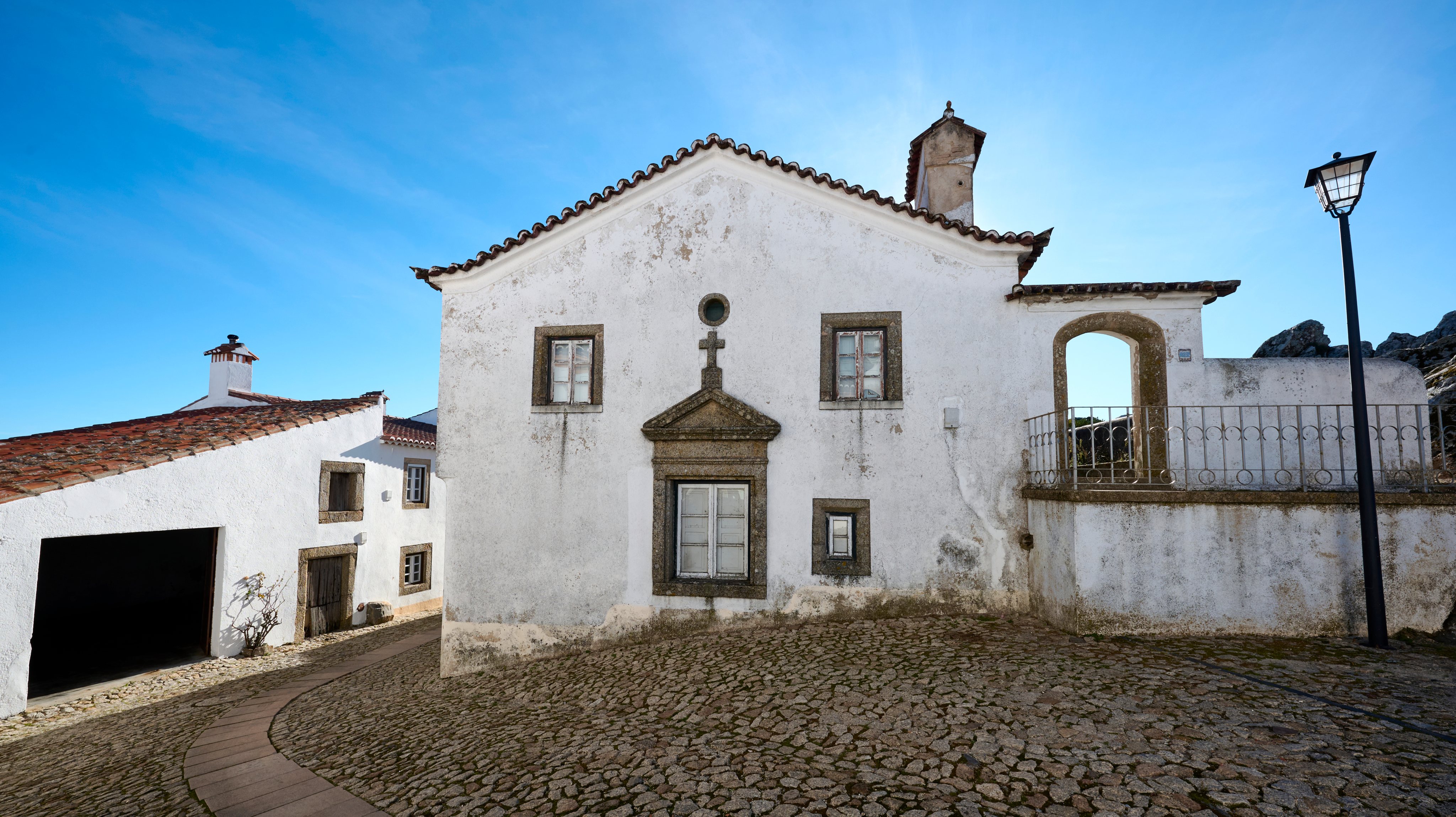The High Commission for Migrations (ACM) updated this Friday to 218 the number of migrants assisted in the context of the dismantling of a human trafficking network in Baixo Alentejo, 62 of whom were sent to emergency accommodation.
“After completing the evaluation procedures today, the teams update the numbers to 218 people referred and 62 referred to emergency accommodation”, ACM said in a statement.
The Secretary of State for Equality and Migrations had previously told Lusa that only 57 of the 334 migrants allegedly victims of the human trafficking network operating in Baixo Alentejo had accepted a housing solution proposed by the national authorities, and the majority chose to stay “in the housing solution in which they found themselves”.
“These 57 people will continue to be monitored with a view to their integration in Portugal, so we will work with them in the dimensions of psychosocial support, also in promoting the learning of the Portuguese language, with a view to a referral as quickly as possible. to employment proposals”, said Isabel Almeida Rodrigues.
On Wednesday, the Judicial Police (PJ) arrested 35 people belonging to a criminal network that hired foreign workers for agriculture in Baixo Alentejo, a police source confirmed to Lusa.
PJ detains 35 people on suspicion of human trafficking in a network that exploited hundreds of immigrants in Alentejo
The network was made up of foreigners, specifically Romanian families, and some Portuguese who gave them support. This PJ investigation began about a year ago and focused on that criminal network’s recruitment of foreign workers with the promise of employment and housing.
In this operation, ACM collaborated with various entities on the ground, such as the Social Security Institute and the Citizenship and Gender Equality Commission, in identifying housing conditions, conducting social interviews, detecting signs of trafficking of people, sending responses for temporary accommodation and verification of documentation.
The trafficking of immigrants is a “structural problem” and the police intervene because society “fails”, says the minister
The Minister of the Interior Administration, José Luís Carneiro, recalled this Friday that the trafficking and exploitation of immigrants “is a structural problem” and, when the police forces intervene, “it is a sign” that society “has been failing “.
“It is not a new problem, it is a structural problem”in international terms, the head of the Évora GNR Territorial Command told journalists, where he presided over the inauguration of the “Maria e António” Space, the renovated room dedicated to victim care.
On the sidelines of the ceremony, the minister was questioned by journalists about the operation of the Judicial Police (PJ), in collaboration with other entities, which allowed the arrest, on Wednesday, of 35 people belonging to a criminal network that foreign workers hired for agriculture in Baixo Alentejo????????
On whether there are sufficient police and control means throughout the territory, specifically in Alentejo, to control and act on this phenomenon of human trafficking and illegal immigration, which is destined for agriculture, the government official replied: ” We, as a rule, try to put in the police what should be in society as a whole.
“When the police intervene, it is a sign that society as a whole has been failing”He said, arguing that “the first concern that must exist is to know if the person who employs” does so “respecting all the standards required for employment, namely, employment contract, adequate and decent conditions for the exercise of work activities ”. .
Secondly, “it is necessary to verify if the people who entered” the country did so “regularly or irregularly and, for this very reason, the police forces intervene”, such as the Immigration and Borders Service (SEF), the GNR and the PSP , “to verify if these flows are regular or irregular,” he argued.
It is “an effort that has to be combined by various entities that have to seek, first of all, to respect fundamental human rights, safeguard human rights, social rights and the constitutional rights of those who live, of those who work in our country,” he insisted.
The minister recalled that “a very important step towards the future” of the country is already being taken, by “integrating powers that belonged to the SEF into three police forces”, the PJ, the PSP and the GNR, which “will cooperate to guarantee the security and comprehensive border management” and “illegal practices and the fight against trafficking in human beings”.
And “this architecture of the migration flow management system” is being reformed, with the creation of an agency for migration and asylum, “creating a greater capacity for the country to receive, welcome and integrate precisely” those who seek Portugal , said. .
Police operations “are only part of one dimension of the complexity of migratory phenomena and flows”, which “must also be understood in its complexity and globality”, defended the minister.
Source: Observadora
